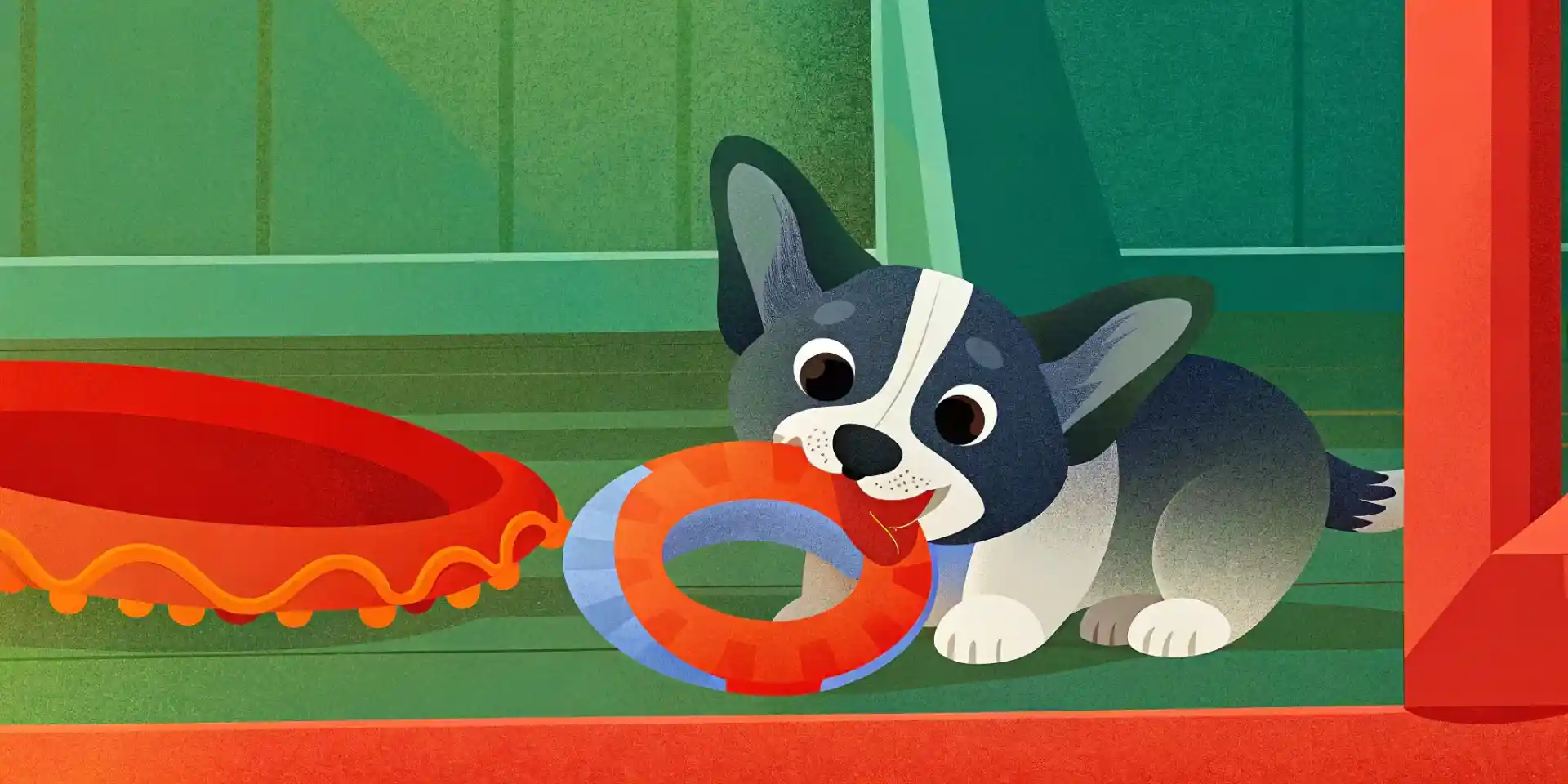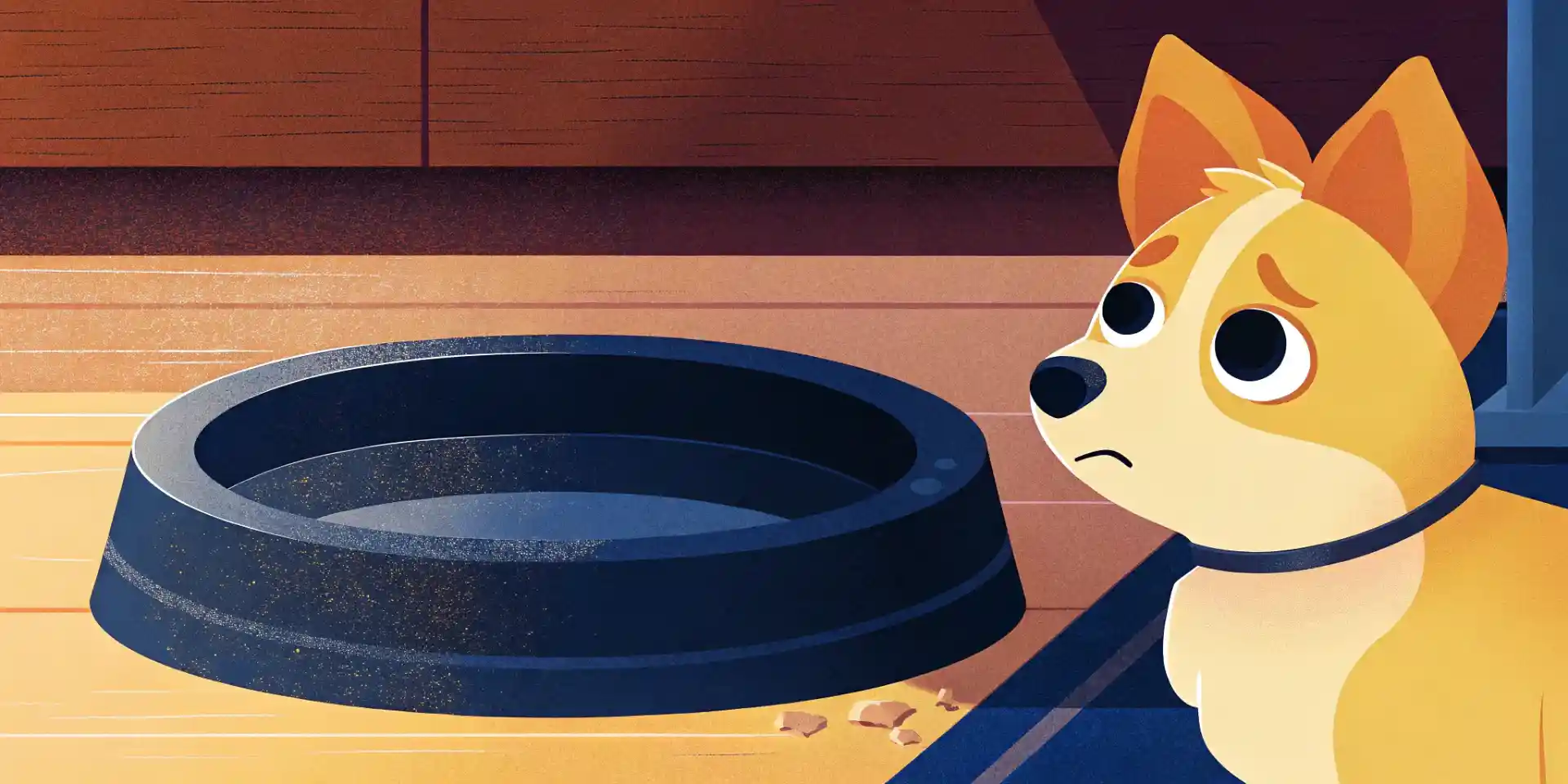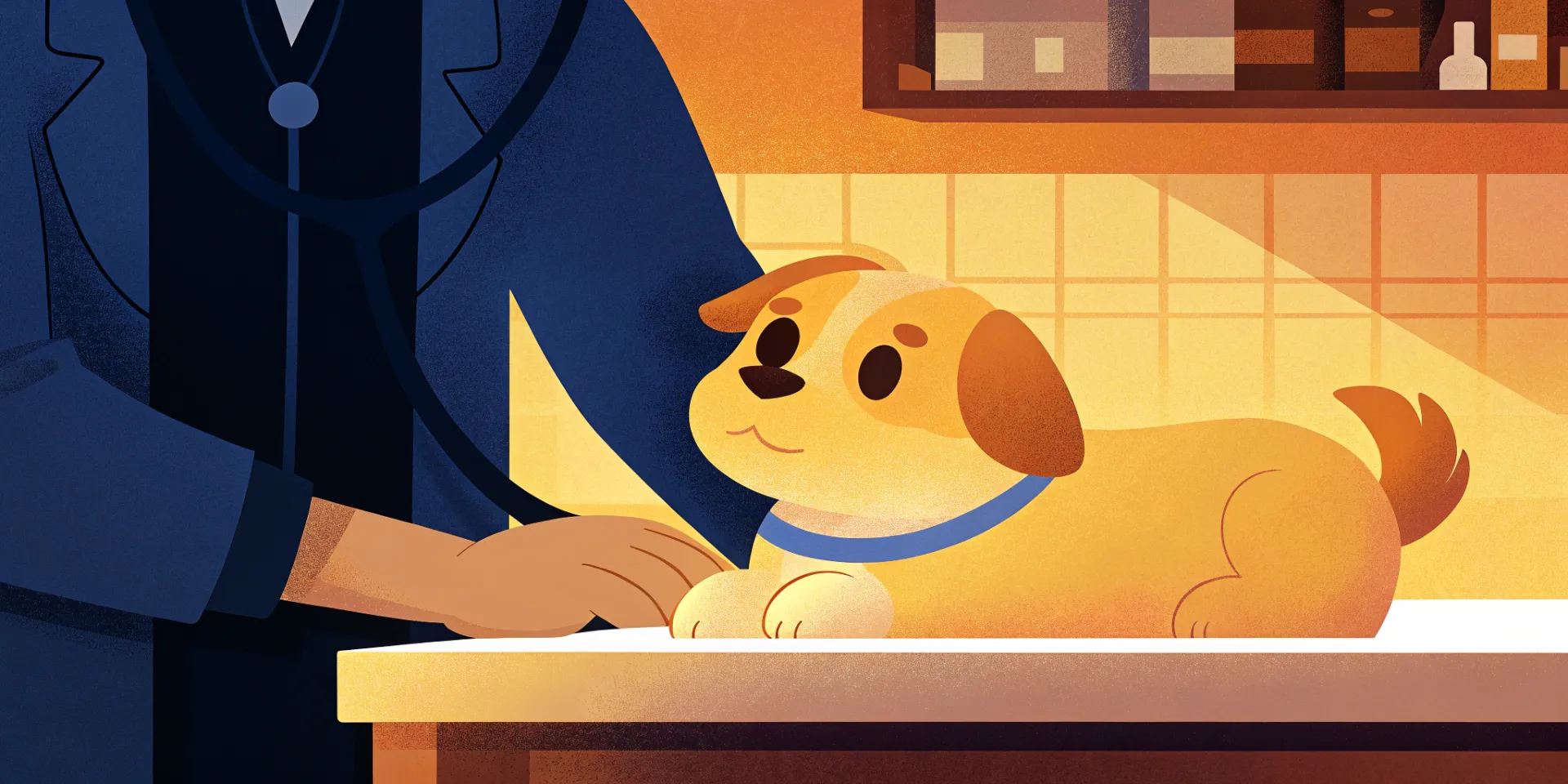
Puppy Health: Spotting Trouble & When to Worry
Is your new puppy feeling under the weather? Learn to spot common puppy health problems & when it's time to worry!
Recognizing Common Puppy Health Issues: Teething, Tummy Upsets, and When to Call the Vet
Bringing a new puppy home is one of life’s greatest joys! Those big, innocent eyes, the playful nips, and the endless snuggles…it’s pure puppy love. But along with the cuteness comes responsibility. As a new puppy parent, it’s crucial to be aware of common health issues that can affect these little bundles of fur. Being able to recognize the signs and knowing when to seek professional help can make all the difference in your puppy’s well-being. This guide will walk you through some of the most common puppy health problems, including puppy teething problems, puppy tummy troubles, and crucial advice on when to call a vet for puppy.
Teething Troubles: More Than Just Chewing
Teething is a natural and important part of a puppy’s development. Around 4 to 6 months old, your puppy will start losing their baby teeth and their adult teeth will begin to erupt. This process can be uncomfortable, leading to increased chewing, drooling, and sometimes even a slight decrease in appetite.
 A happy puppy enjoying a chew toy specifically designed for teething to ease discomfort.
A happy puppy enjoying a chew toy specifically designed for teething to ease discomfort.
What to Watch For:
- Excessive chewing: Your puppy will be drawn to chewing on anything and everything to relieve the discomfort in their gums.
- Drooling: Increased saliva production is a common sign.
- Red or inflamed gums: Gently check your puppy’s gums for any redness or swelling.
- Small amounts of blood: You might notice tiny spots of blood on toys or in their water bowl as teeth fall out.
- Decreased appetite: Sometimes, teething can make it painful for puppies to eat hard kibble.
What You Can Do:
- Provide appropriate chew toys: Invest in a variety of safe and durable chew toys specifically designed for teething puppies. Avoid toys that can easily be broken into small pieces and swallowed. In my experience, frozen washcloths or Kongs filled with frozen yogurt can be incredibly soothing.
- Offer softened food: If your puppy is having trouble eating dry kibble, try softening it with warm water.
- Gently massage their gums: Using a clean finger, gently massage your puppy’s gums. This can provide temporary relief.
- Keep valuable items out of reach: Protect your belongings by keeping them out of your puppy’s reach. Remember, they’re not being naughty, they’re just trying to relieve their discomfort.
Tummy Troubles: Diarrhea, Vomiting, and More
Puppies often have sensitive digestive systems. This is because their gut microbiome is still developing, making them susceptible to tummy upsets caused by dietary changes, stress, or even just eating something they shouldn’t. Puppy diarrhea and puppy vomiting are common concerns for new owners.
 A puppy with an upset stomach looking longingly at its food. A bland diet and plenty of water are recommended.
A puppy with an upset stomach looking longingly at its food. A bland diet and plenty of water are recommended.
Common Causes of Puppy Tummy Troubles:
- Dietary changes: Switching your puppy’s food abruptly can disrupt their digestive system.
- Eating something they shouldn’t: Puppies are notorious for putting everything in their mouths. This can lead to them ingesting things that cause stomach upset.
- Parasites: Intestinal parasites like worms are common in puppies.
- Stress: Moving to a new home can be stressful for puppies, which can lead to tummy troubles.
- Infections: Viral or bacterial infections can also cause vomiting and diarrhea.
What to Watch For:
- Diarrhea: Loose or watery stools. Pay attention to the frequency and consistency.
- Vomiting: Regurgitation of food or liquid.
- Loss of appetite: Refusal to eat or drink.
- Lethargy: Decreased energy levels.
- Dehydration: Signs include dry gums, sunken eyes, and decreased skin elasticity. To check skin elasticity, gently pinch the skin on the back of their neck. It should spring back quickly. If it stays tented, your puppy may be dehydrated.
What You Can Do:
- Monitor closely: Keep a close eye on your puppy’s symptoms. Note the frequency and severity of the diarrhea or vomiting.
- Offer a bland diet: If your puppy has mild diarrhea or vomiting, try feeding them a bland diet of boiled chicken and white rice. I believe that a bland diet helps to soothe the stomach.
- Ensure access to fresh water: Dehydration is a serious concern with vomiting and diarrhea. Make sure your puppy has access to fresh, clean water at all times. You can also offer an electrolyte solution designed for puppies.
- Probiotics: Probiotics can help to restore the balance of good bacteria in your puppy’s gut.
When to Call the Vet: Don’t Hesitate!
While some puppy health issues can be managed at home, it’s crucial to know when to seek professional veterinary care. Knowing when to call a vet for your puppy can save their life.
 A puppy receiving a check-up from a veterinarian, ensuring early detection of potential health issues.
A puppy receiving a check-up from a veterinarian, ensuring early detection of potential health issues.
Call your vet immediately if your puppy exhibits any of the following symptoms:
- Severe or persistent vomiting or diarrhea: If your puppy is vomiting or having diarrhea multiple times in a short period, or if the symptoms persist for more than 24 hours, it’s time to call the vet.
- Blood in vomit or stool: This is always a cause for concern and warrants immediate veterinary attention.
- Lethargy or weakness: If your puppy is unusually tired or weak, it could be a sign of a more serious problem.
- Difficulty breathing: Any signs of respiratory distress, such as labored breathing, wheezing, or coughing, should be addressed immediately.
- Seizures: If your puppy has a seizure, seek veterinary care immediately.
- Collapse: If your puppy collapses or loses consciousness, it’s an emergency.
- Ingestion of a toxic substance: If you suspect your puppy has ingested something poisonous, contact your vet or a pet poison control hotline immediately.
- Distended or painful abdomen: A swollen or painful abdomen can indicate a serious problem, such as bloat or intestinal obstruction.
Being a puppy parent is a wonderful and rewarding experience. By being aware of common puppy health issues, you can help ensure your furry friend has a happy and healthy start to life. And remember, when in doubt, always consult with your veterinarian. They are your best resource for information and advice regarding your puppy’s health and well-being.


